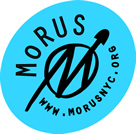FULLY CUSTOMIZABLE | Any time, book 1 week in advance | Click here for pricing
Meet @ The Museum of Reclaimed Urban Space – 155 Ave C, 9th & 10th St
To book, please e-mail billtimesup@gmail.com or call (917) 577-5621. Hope to see you soon!
Custom tours of community gardens, squats, and other sites of social change are available for any group of 8+ visitors, including other museums, schools, and urban planning groups.
Our tours are one-of-a-kind, led by activists and community members who recount their personal involvement with social change in the neighborhood. All custom tours start at the Museum of Reclaimed Urban Space at 155 Ave C and the first 15 minutes of the tour is indoors reviewing the amazing history of the neighborhood, how community members rose up to reclaimed their neighborhood in a non-corporate communities way creating low-income housing, squats, community gardens and started a sustainable revolution including bicycling, recycling and composting etc and new way of thinking sustainable urban design for New York City. Provide your interests, dates, and the number of people in your party, and we can customize a tour to your preferences, which might includes gentrification, squats, community gardens, urban design, the bicycle revolution, composting, art and politics, the truth in the media, our rights in public space and how free lawyers aided the activist communities etc., and get back to you promptly with a price, details, and instructions.
Sustainable tours are led by Bill DiPaola, a lifetime environmental activist and founder of both the Time’s Up environmental organization and MoRUS. Explore sustainable spaces in the Lower East Side, where activist communities formed new sustainable ways of living, and where you can find the highest concentration of community gardens and squats of any neighborhood in New York City. Recycling, composting, water recovery, growing produce and medicinal herbs — all of this came from the establishment of community gardens. Meanwhile, group bicycle rides put pressure on the New York City government to change urban design to the more bike-friendly format we have today.
Past students tours include: Pratt Institute, Parsons School of Design, Columbia University, Hunter College, Bard College, Bucknell University, CUNY, Cooper Union, Marymount Manhattan College, Sarah Lawrence College, Yale University, Sheffield Hallam University, SVA, Museum of Modern Art, The University of Wyoming, New York University, Manchester University, Yeshiva University, Marymount College, Lancaster University, Pacific University and many others. Whether you’re studying gentrification, New York City history, theater, collective memory and experience, anthropology, and oral histories, or are simply interested in learning more about the neighborhood, there’s a tour for you.
Group Reservation Policy
- Reservations must be made at least ONE WEEK in advance.
- Minimum of 8 and maximum of 25 people per timeslot. If your group is larger than 25, we ask that you make arrangements to divide your group and schedule two (or more) separate visits.
- A deposit of $50 is required to secure your reservation. Pay with cash/venmo/paypal on the museum website here.
- All payment for custom tours must be made in full before the tour happens or the day of the tour. If you’re going to make our volunteers track down the payment with additional paperwork it’s additional $75.
- The Museum of Reclaimed Urban Space is closed on Monday and Tuesday, if you must do a tour on these days, we can specifically open the museum and do your tour, however, the price will be doubled.
- If your group must cancel the visit, the museum requires a minimum of 24 hours advance notice — or your deposit will be forfeited.
- Upon arrival, the group leader should check in at the front desk.
- In case of rain or severe weather, you have the option to reschedule your tour.
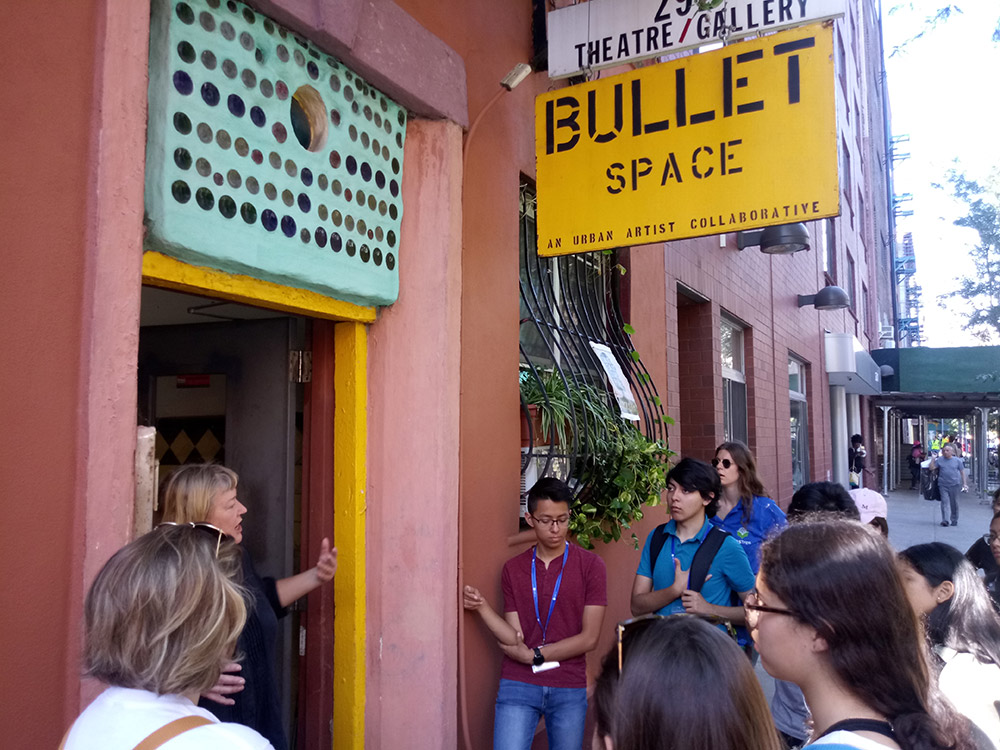
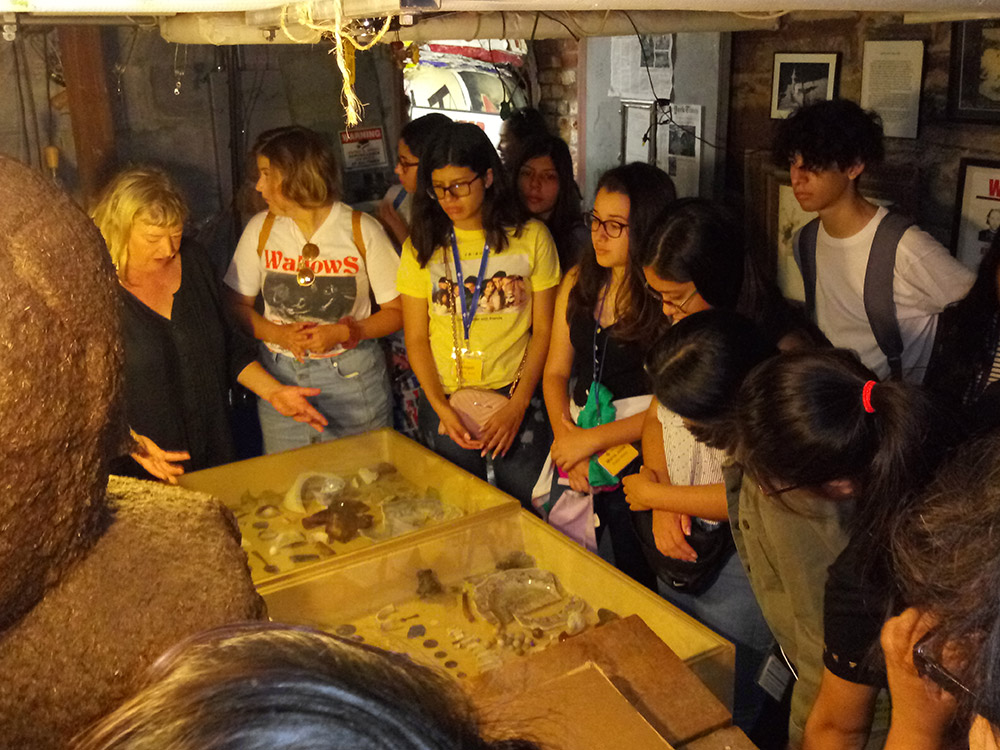
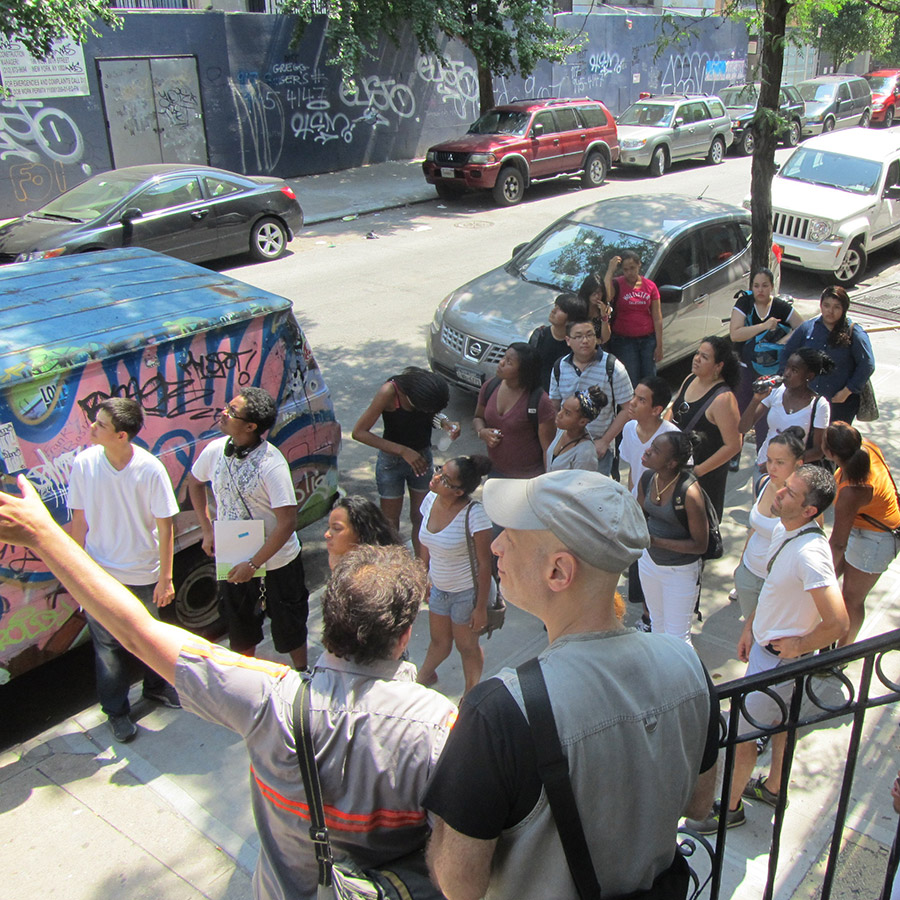
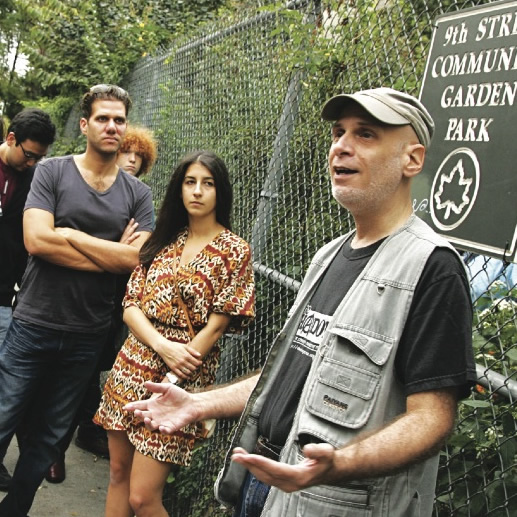
Custom Tour Locations
C-Squat — The Museum of Reclaimed Urban Space (MoRUS) is located in a legendary occupied building called C-Squat in the Lower East Side.
Dos Blockos — Visit the building that previously housed a large and vibrant community that was forcefully evicted in the second and final large-scale squat eviction in New York City.
Serenity Squat — Take in the hand-crafted welding outside of this still-functioning squat and discover what makes living in a squat such a unique experience.
Glass House — See the site of the former squat immortalized in Margaret Morton’s book of photography entitled “Glass House.”
Green Oasis Community Garden — Enjoy communal spaces in addition to learning about the community’s sustainable practice of growing their own food in this historic community garden.
Gethsemane Garden Baptist Church — Hear about the renowned fight to save beloved community garden Esperanza and how its destruction led to the preservation of hundreds of gardens in the area.
Lower East Side Ecology Center Garden — Discover the history of recycling in NYC and learn how community members in the Lower East Side recycled before the city’s Sanitation Department launched an official recycling program.
209 E. 7th Street Squat — Established in 1981, and still functioning as a squat today, this squat’s unique history includes hosting the community-run radio station “Steal This Radio.”
Tompkins Square Park — A rallying point for the community since the 1850s, this park’s history is packed with stories of protest and resistance.
The Christodora — Learn about this luxury condominium’s unique history as one of the first gentrified buildings in the neighborhood.
Charas Community Center — Visit the site that served as a community center for over twenty years. Community members still struggle to save it from development today.
La Plaza Cultural — Explore this thriving community garden and learn about its struggle to remain standing after multiple face-offs with developers.
377 E. 10th St, “The Tenth Door” — Pay a visit to this squat and learn why fire is a squatter’s worst enemy.
272 E. 7th Street — See one of the Lower East Side’s first organized squats and learn how squatters engaged in skill-shares, which empowered individuals and created a tight-knit community.
